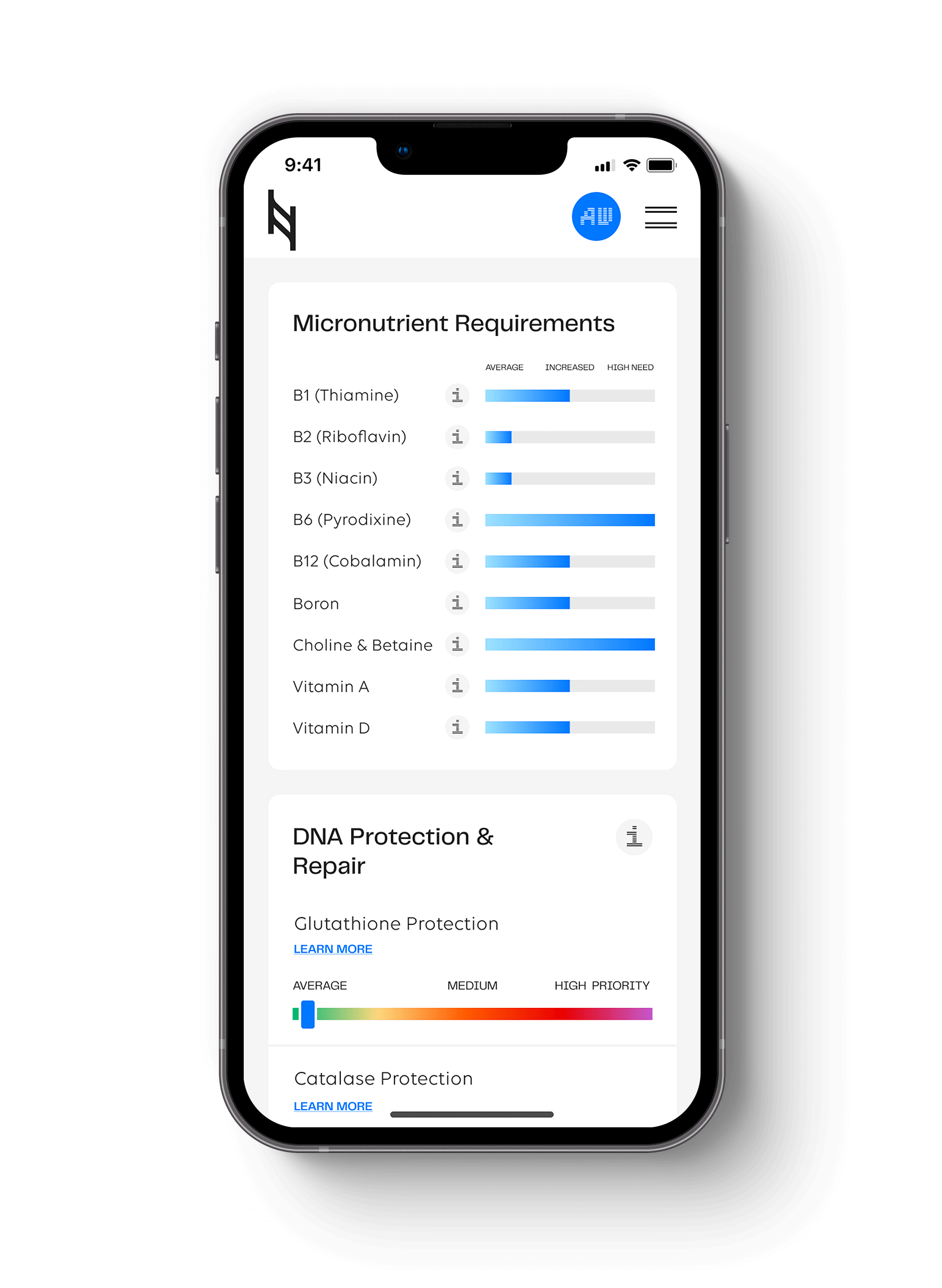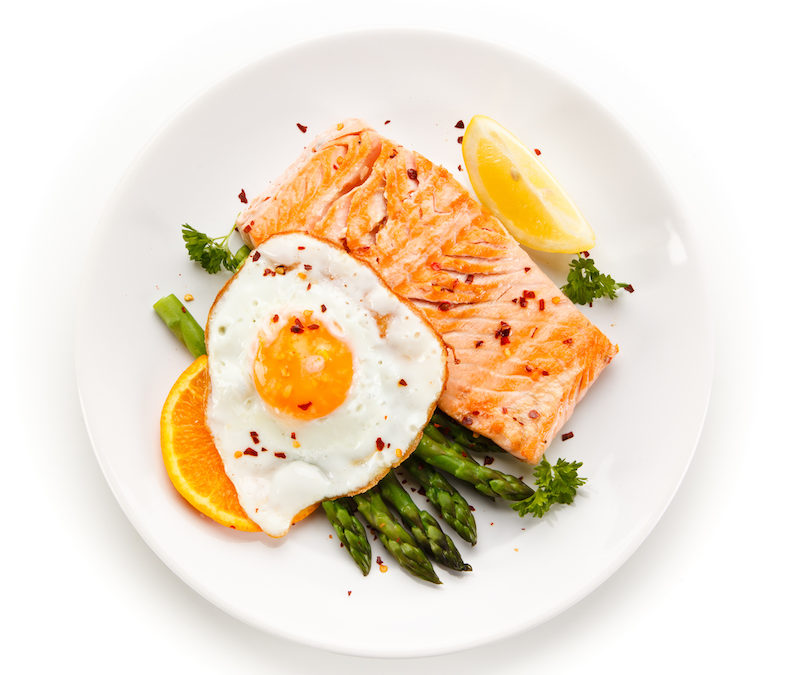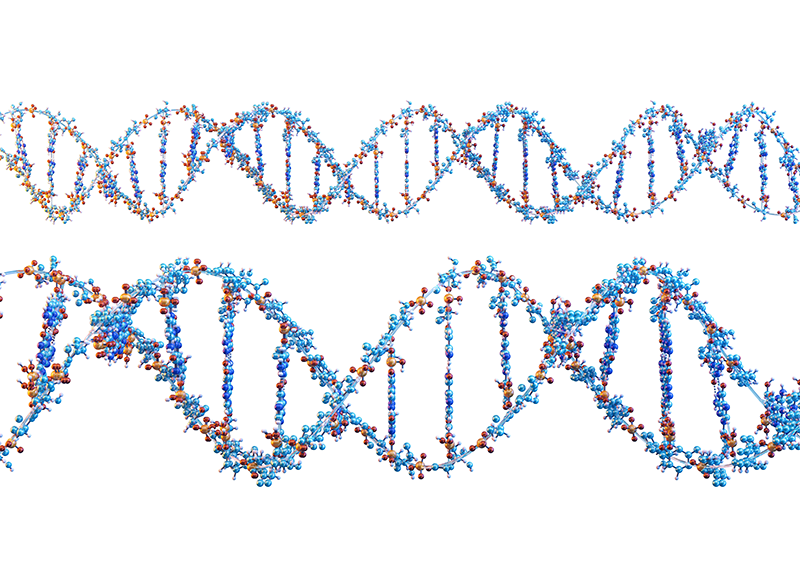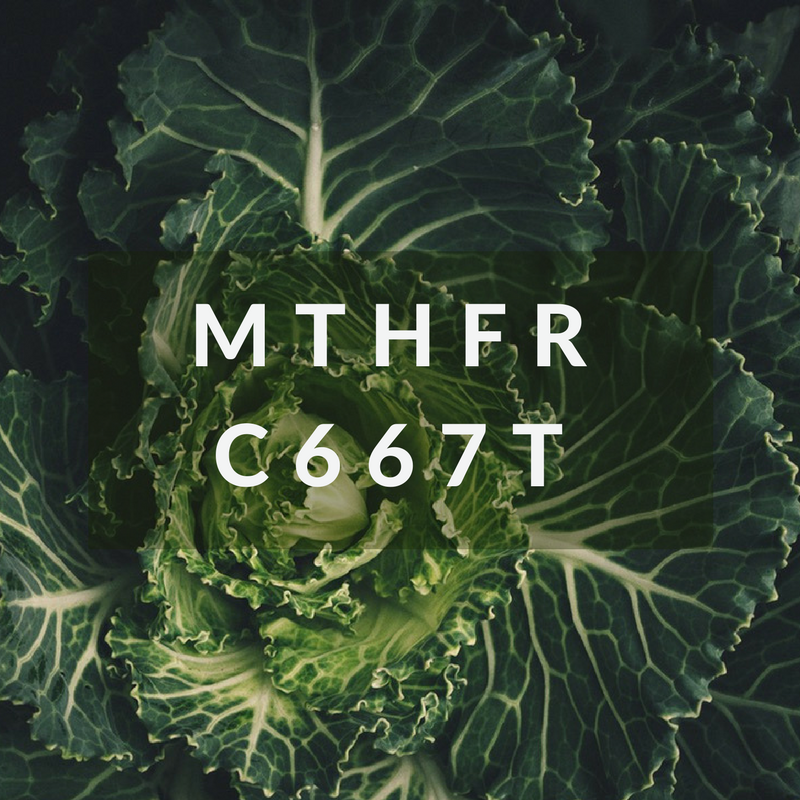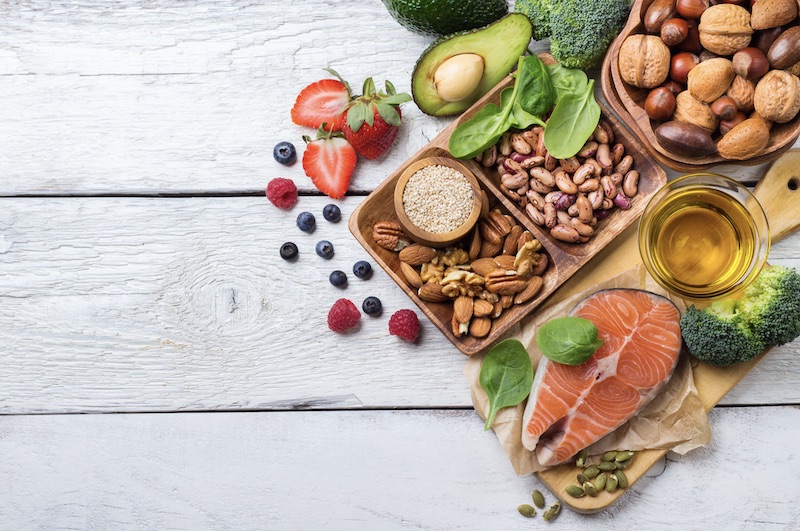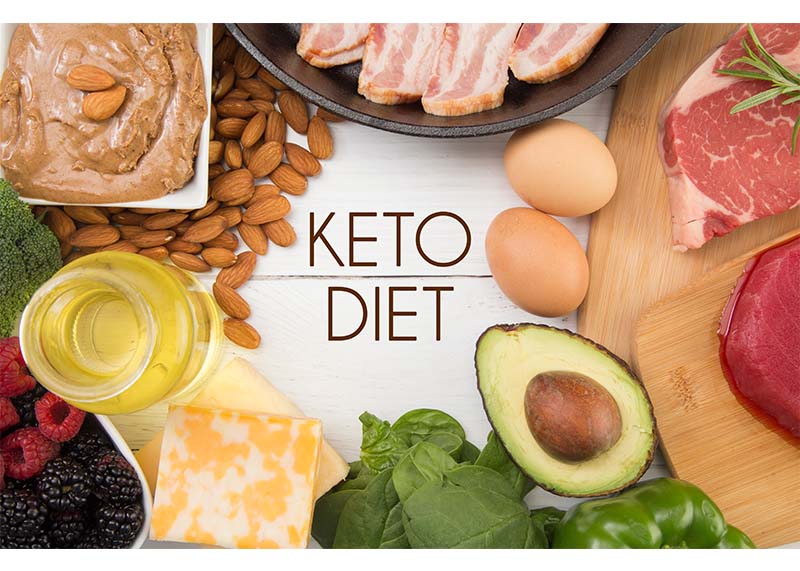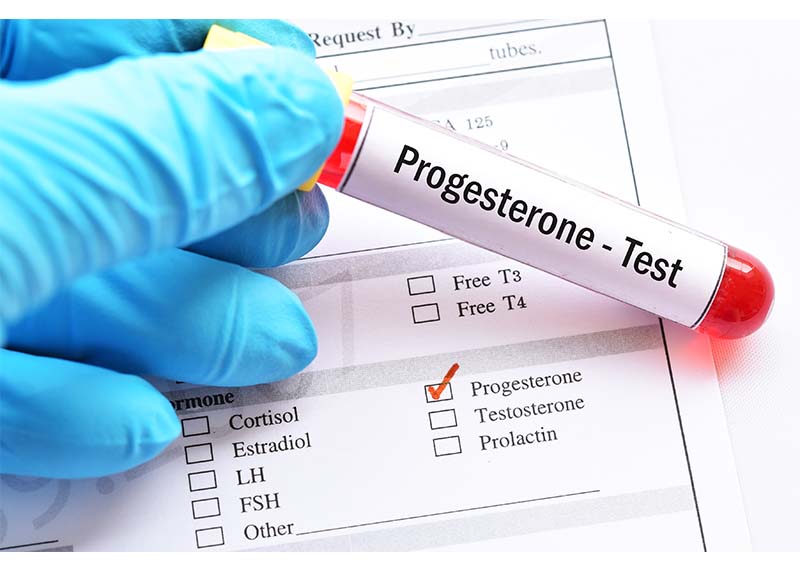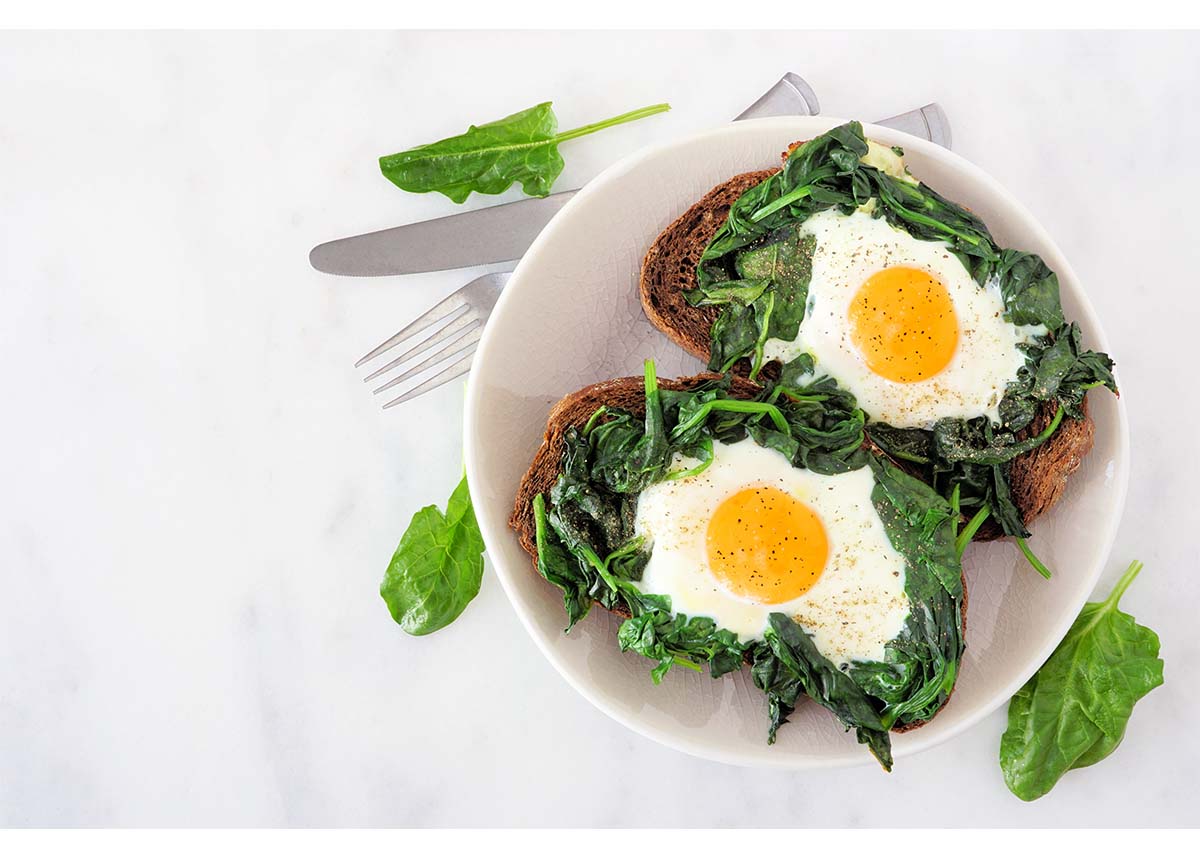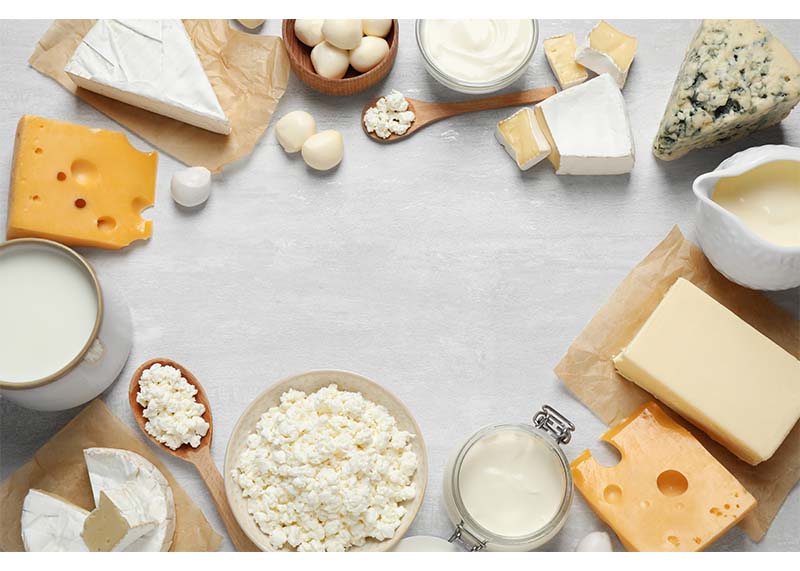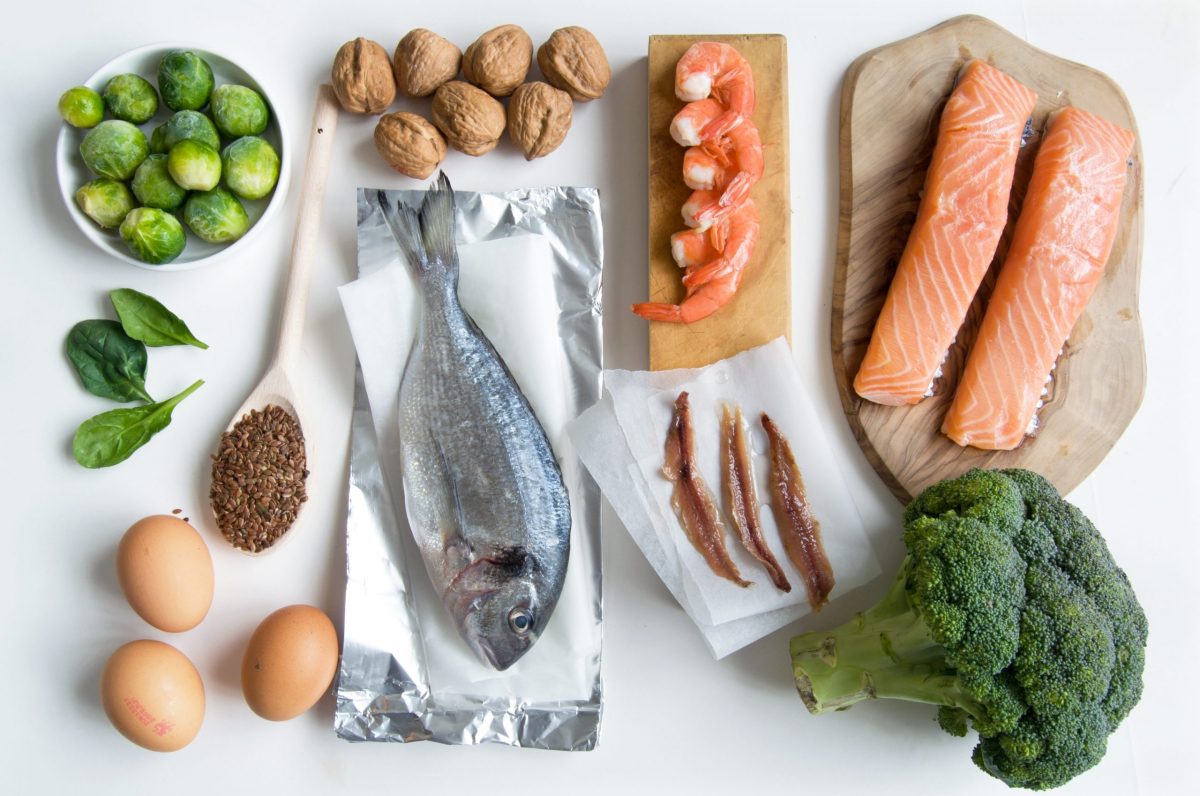When we discuss “epigenetic” changes from your diet or environment, we are referring to methylation patterns that make modifications to your DNA blueprint and what your RNA produces. However, research is showing that methylation and micronutrient deficiencies from your diet can also modify your RNA. Epigenetic changes to your DNA and RNA from your diet and environment can improve the structure design (your mind and body), or weaken it.
When you see the letters A, G, T, C on your Nutrition Genome report for your genotype, these are all bases and two bases make a pair (AA, AG, etc.). The base names are adenine, guanine, thymidine, and cytosine. DNA contains A, G, T, and C. The sequences of all of these base pairs carry the instructions for all your genetic blueprints. RNA contains A, G, U, and C. The U stands for uracil, which binds to a ribose sugar to form uridine. Uridine levels may epigenetically change the health status of your brain and gut.
What is Uridine?
Uridine is found in RNA but not DNA. It is produced by the liver and is found in certain foods. When dietary uridine is consumed, it crosses the blood-brain barrier and enters the neurons. In combination with DHA and choline, this super trio accelerates the formation of synaptic membranes that helps us learn and form memories.
Uridine plays a role in cognitive function and mood, as well as infant health, lipid metabolism, glucose metabolism, and gut health. It is also used for the treatment of hereditary disease, mitochondrial diseases, cancer, seizures, and central nervous system disorders.
Infant Health and Uridine, Choline, and DHA
When infants begin breastfeeding, they are provided with DHA, choline, and uridine from breast milk to help support the rapid growth of synaptic membranes.
Research has also shown that uridine may be responsible for helping infants sleep through the night. With infants between the ages of 6 months to 18 months, those who consumed an enriched meal with uridine, tryptophan, and adenosine all had improved sleep markers.
What Foods Contain Uridine?
Uridine is found in beets, sugar beet molasses, broccoli, liver, tomatoes, beer, brewer’s yeast, and walnuts.
There has been conflicting data on if uridine in these foods is bioavailable and can increase uridine levels in the body. Uridine has been proven to be increased in the body by breast milk, infant formulas with uridine monophosphate, beer, and alcohol. For those prone to gout, foods high in uridine also may be high in purines, which can increase uric acid levels. It should be noted that alcohol is not recommended for those with the e4 allele for ApoE.
Much like how tryptophan is a precursor to making serotonin, uridine acts as a precursor to make phosphatidylcholine. Uridine, DHA, and choline are all required to make the conversion to phosphatidylcholine.
Research has been shown that uridine, DHA, and choline combined increase levels of phosphatidylcholine in the brain more than each on their own.
Uridine, Choline and DHA as an Antidepressant
While most of the research on uridine has been done in animal studies, there is tremendous potential for us to understand how nutritional synergy works in the diet.
A consistent finding is that uridine in combination with omega-3 fatty acids and choline appears to supercharge the desired result. Omega-3 fatty acids are often referenced for their antidepressant effect, but omega-3’s can also take longer and the dosage may genetically range per person to get the desired effect. Uridine may not only expedite the time for results but increase DHA levels on its own and lower the requirement of omega-3 fatty acids to get there.
According to the lead author and director of McLean’s Behavioral Genetics Laboratory, “Giving rats a combination of uridine and omega-3 fatty acids produced immediate effects that were indistinguishable from those caused by giving the rats standard antidepressant medications.”
Uridine, Choline, DHA and Alzheimer’s Disease
In Alzheimer’s patients, the need for DHA, choline, and uridine are all enhanced because their basal plasma levels may be subnormal, and a higher dosage is needed for correcting the disease-related deficiencies in the synaptic membranes and synapses.
Researchers were able to prove that a formulation with these three nutrients plus B-vitamins, vitamin C, and vitamin E improved memory scores and the connectivities between brain regions among patients with early Alzheimer’s Disease.
Several compounds isolated from medicinal mushrooms have been shown to promote neurite outgrowth, including those from Lion’s mane mushroom, reishi, tiger milk mushroom, Ganoderma neo-japonicum, and Cordyceps militaris. Therefore, a baseline strategy of DHA, choline, uridine, vitamin C, vitamin E, B-vitamins, and medicinal mushroom extracts that promote neural branching should be considered in clinical trials for Alzheimer’s disease.
Uridine, Choline, DHA, Ulcerative Colitis and Parkinson’s Disease
Along with brain health, phosphatidylcholine is a key component of the mucosal barrier in the gut. A double-blinded, randomized, placebo-controlled study conducted in Germany, Lithuania, and Romania found a significant improvement in ulcerative colitis disease management with phosphatidylcholine compared to placebo. This means that uridine, choline, and omega-3 fatty acids (which have also been shown to improve ulcerative colitis symptoms) could be a key part of ulcerative colitis management.
In a mice study looking at the gut-brain connection to Parkinson’s disease and pesticide exposure, researchers were able to induce Parkinson’s symptoms in both the gut and brain (motor deficits, dopaminergic cell loss, delayed intestinal transit) through a pesticide injection.
However, the group given uridine and fish oil before the injection prevented both gut and brain symptoms of Parkinson’s disease. Another rat study found that “giving uridine and DHA may partially restore dopaminergic neurotransmission in this model of Parkinson’s Disease.”
Do You Have Higher Genetic Requirements for Uridine, Choline, and DHA?
Review the following genes in your Nutrition Genome Report to help determine your uridine, choline, and DHA requirements.
- Digestion Section: PEMT (determines choline requirements) and FADS2 (determines DHA requirements, which boosts phosphatidylcholine and BDNF levels).
- Neurotransmitters and Mental Health Section: ANKK1 (low dopamine receptor density increases the need for uridine to protect against receptor loss), BDNF (low BDNF affects mood and memory and is increased by DHA), and APOE-e4 allele (cognitive health preservation requires more phosphatidylcholine)
- Hormone Section: CYP2R1 and vitamin D levels for a synergistic benefit (low vitamin D levels have been associated with a decline in cognitive function, higher frequency of dementia and are more common in ulcerative colitis and Crohn’s disease patients)
Strategy Summary
- Review your genetic results for uridine, choline, and DHA requirements. Issues with both cognitive function and gut health may be related to insufficient levels of these nutrients.
- Uridine, choline, and DHA combined yields the best results for cognitive function and gut mucosal health.
- Intense endurance exercise depletes choline levels, and increasing phosphatidylcholine has been found to improve exercise capacity during high-intensity cycling and running, as well as reduce muscle soreness. Therefore, increasing uridine, DHA, betaine, and choline intake are recommended for endurance athletes, especially with PEMT gene variants. Beets contain uridine and betaine, making it an excellent athlete superfood.
Hit your health goals faster
We'll help you remove the guesswork
Experience the most advanced nutrigenomic test available, covering 100 clinically relevant genes for a "whole body" analysis. Take control of your health today.
$359
